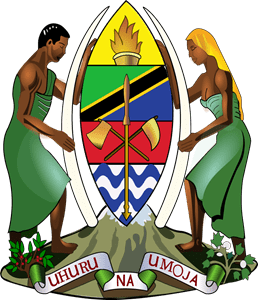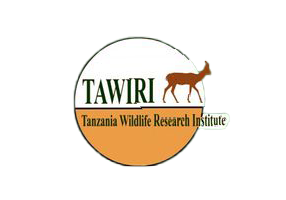The study findings revealed that a total 78 hippos were counted along the lakeshore in Busega district. In the same district, out of 345 respondents, reported conflict season to occur from November to March whereby January is the peak period (n=176, 51.0%) with a total of 1,723 acres destroyed annually comprised of mixed crops (cowpea, tomatoes, cotton, cassava, sorghum, watermelon, greengram, sugarcane, groundnuts, maize, vegetables, cabbages, sweet potatoes). The most suggested recommendations from the local community in Busega district were harvesting of hippos for game meat (n=222, 64.35%) and translocation of hippos to safe habitat (n=31, 8.99%). In Mpanda district a total of 46 hippos were counted in Milala dam and along the rivers. Of all respondents (N=470), reported peak season for human-hippo conflict occurs in January and March (n=113, 24.0%) respectively, with a total of 1,619.85 acres destroyed annually comprised of the following crops rice, maize, groundnuts, beans, sweet potatoes, sunflower, vegetables, sugarcane, onions, cassava, watermelon and tomatoes. Similarly, the most suggested recommendations from the local community were harvesting of hippos for game meat (n=103, 21.9%), translocation of hippos to safe habitat (n=157, 33.4%) and provision education awareness to community on hippo conservation (n=22, 4.68%). Moreover, in all districts the implementation of land use plan was not in place as reported by respondents in Busega (n=249, 72.17%) and Mpanda (n=277, 80.29%). Based on the fact that, Environmental Management Act of Tanzania mainland, No. 20 of 2004 section 57(1) prohibit human activities within 60m of a water dam, reservoir or water source respondents reported that the regulation was not followed in Busega (n=191, 55.36%) and Mpanda (n=311, 66.17%) districts. Hence, adopting best land use practice to conservation of hippo and tourism development remain to be a challenge at district level based on the research findings from surveyed districts.











 Users Today : 85
Users Today : 85 Users Last 7 days : 518
Users Last 7 days : 518 Users This Month : 1857
Users This Month : 1857 Total Users : 27931
Total Users : 27931